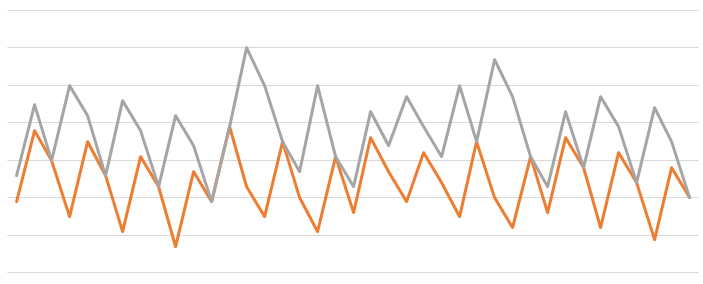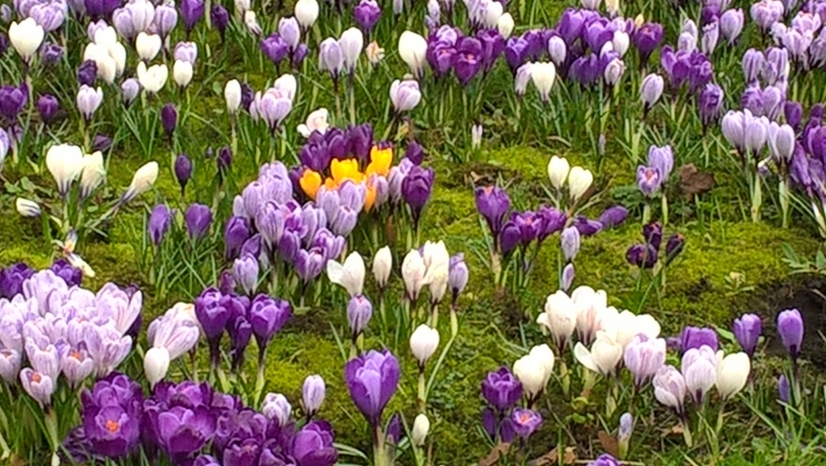Easter is late (almost as late as it can be) this year, which means that Lent is late also.
Today I'm working on a couple of things around what Lent is, one for our Friday Drop In Group, and one for our Bible Study Group (and, let's be honest, at the grand old age of 56, I've finally given in and started to cross-over rather than prepare everything from scratch).
After a break of eight years, this year I feel as if I want to take on an abstenance challenge, and have been quite struck by the research I've been doing into what Lenten fasts really looked like, and not the extreme version that I was sold when I was younger.
Back in the day, some of the churches I was part of went in for the occasional "day of prayer and fasting" which, setting aside that the instigators never did it, meant eat absolutely nothing for 24 hours and drink only sips of water if you must. This is nothing like what appears to have been Lenten practice - and small wonder that I would get cold, grumpy and light-headed trying to do what was never intended!
Fasting as practised in the past typically meant abstaining from (red) meat and fatty food, and not eating a midday meal. Food would be plain and simple, enough to keep you going, not enough to bring you joy! So, in fact, much more like the fasts seen in Islam, with the exception that drinking is permitted.
So, I've been thinking what a Lenten fast might look like for me this year, and have been drawn to some Lutheran practices as a starting point...
- Fasting on Ash Wednesday and Good Friday - one meal only, no meat
- No meat to be eaten on Fridays, fish may be substituted
- Eliminate one food group for the duration of Lent, especially fats or carbs
- Consider not eating before Communion during Lent
- Abstain from a favourite activity
Some of these don't apply, obviously, as I don't eat meat or fish, and the food group elimination is not so far away from past practice of e.g. eliminating caffeine and cakes! But this is the one that probably resonates the most... so I'm going to challenge myself to abstain from dairy products for Lent. This will mean finding alternative sources of protein (pulses and mushrooms mainly as I hate Quorn) and drinking my tea/coffee black. It also means I get to do Shrove Tuesday with abandon... there're lots of eggs and plenty of cheese in my fridge, so omelettes and pancakes it is then!
A couple of other things I'm taking on...
- Christian Aid's 'Count Your Blessings' here
- Reading 'At Home in Lent' by Gordon Giles - a Lent book that uses 46 objects as a prompt for reflection and prayer
As I have often done in the past, I'll blog through Lent, based on my reading... I hope it's helpful for someone.

